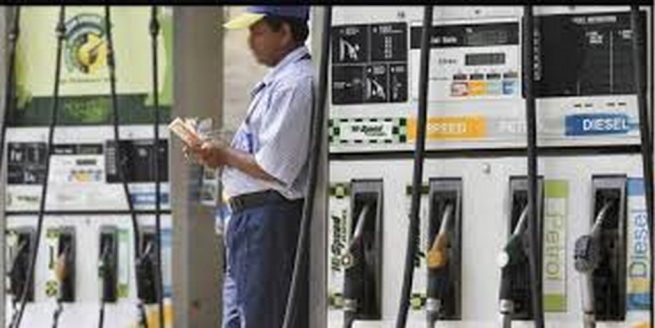Strike initiated by truck drivers called off after talks with government officials
In a significant development, the strike initiated by truck drivers’ associations across the country has been called off after discussions with Union Home Ministry officials on 2nd January. The primary point of contention was the newly proposed hit-and-run law, which has been temporarily put on hold, pending further consultations with the All India Motor Transport Congress.
Union Home Secretary Ajay Bhalla emphasised that the Bharatiya Nyaya Sanhita 106/2, the new rule on negligent driving, has not been implemented yet. He assured that a decision regarding its implementation would only be taken after thorough discussions with representatives from the All India Motor Transport Congress.
The president of the truckers’ body, Amrit Lal Madan, revealed that Union Home Minister Amit Shah has agreed to suspend the enforcement of the new hit-and-run law, which had triggered the truck drivers’ strike.
The official statement from the home ministry reiterated the commitment to consult with the All India Motor Transport Congress before making any decisions regarding the new hit-and-run law. The ministry urged the truckers and the Congress to return to their respective jobs to normalise operations.
The strike, which entered its second day on 2nd January, had already started affecting essential services. Approximately 2000 petrol pumps, mainly in western and northern India, experienced fuel shortages. Despite efforts by state-owned oil firms to replenish stocks in anticipation of the strike, some petrol pumps in states like Rajasthan, Madhya Pradesh, Maharashtra and Punjab ran out of fuel due to heavy demand.
Concerns were also raised about the potential impact on the supply chain for essential commodities such as vegetables, fruits and milk if the strike extended beyond its initial three-day duration or escalated into a pan-India movement. The strike was initially triggered by opposition to the stringent jail terms and fines outlined in the new criminal law, Bharatiya Nyay Sanhita (BNS), for hit-and-run cases.
Under the BNS, which replaced the colonial-era Indian Penal Code, serious road accidents due to negligent driving could lead to imprisonment for up to 10 years and/or a fine of Rs. 7 lakhs. Truckers argued that drivers often flee even minor accidents to avoid mob justice and potential threats to their lives.
As the strike concludes and discussions continue, attention will be closely monitored to assess how the concerns of both truckers and the government are addressed, particularly regarding the implementation of the new hit-and-run law.

